This week, the AMU team is on the ground in Maringue, Chemba and Caia, central Mozambique, deepening the impact of our WASH (Water, Sanitation and Hygiene)
programme in collaboration with UNICEF. Our field teams are carrying out advanced hydro-geophysical assessments to support
the transition of existing water points into solar-powered water systems.
This upgrade is designed to enhance climate resilience and ensure reliable, year-round access to safe water for
some of the country’s most vulnerable communities.
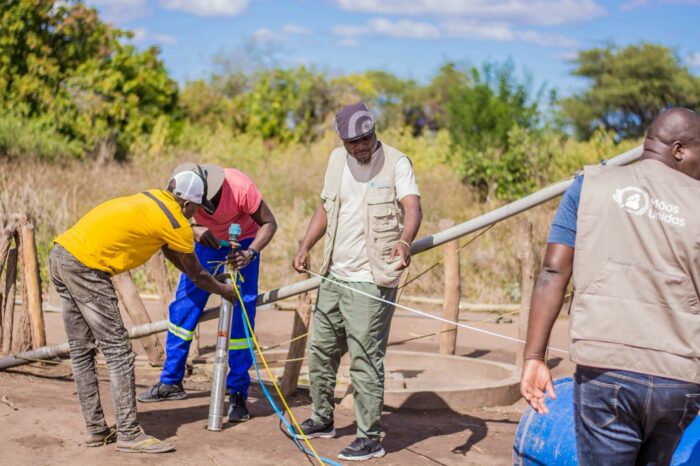
Integrated Action for Long-Term Impact
Our mission in Chemba and Caia goes beyond infrastructure upgrades. It takes a holistic, community-focused approach
to improving water, health, and governance systems. Key components include:
Cholera Preparedness & Prevention
We are equipping local leaders with the knowledge and tools to detect, respond to, and mitigate cholera
outbreaks through targeted training and awareness sessions.
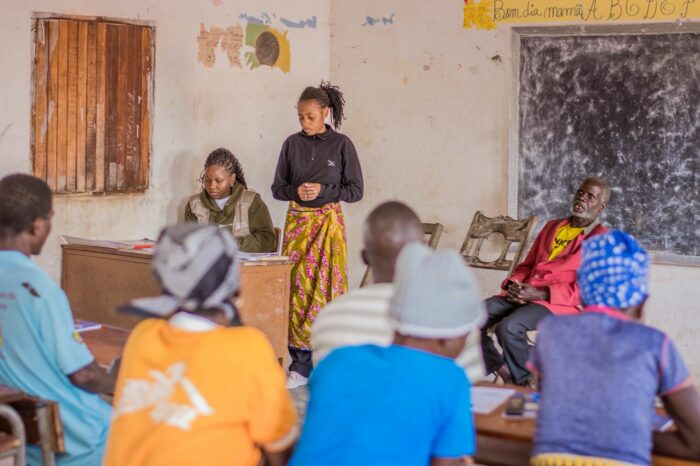
Latrine Rehabilitation & Reconstruction
As part of our sanitation component, we are restoring damaged or non-functional latrines, improving hygiene
conditions and helping to restore dignity in community spaces and institutions.
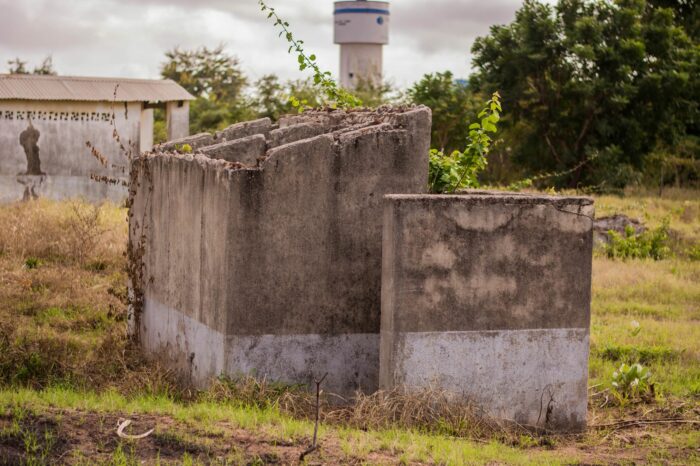
Safeguarding & Compliance Training
We are engaging community representatives on abuse prevention, ethical reporting mechanisms, and the promotion
of inclusive, equitable practices. These efforts aim to build trust and accountability at the grassroots level.
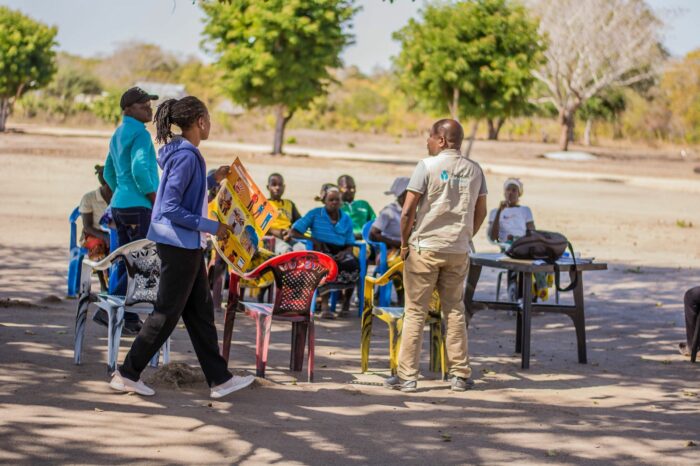
Stakeholder Coordination & Local Empowerment
All activities are being carried out in close coordination with government authorities, traditional leaders, and civil society organisations.
This ensures local ownership, promotes sustainability, and strengthens institutional capacity.
A Future-Focused Approach
Through locally anchored and technically sound interventions, AMU is helping communities meet the
water and health challenges of today, while building resilience for tomorrow’s climate realities.
Together, we are working towards a future where safe water access, improved sanitation, and community safeguarding are not the exception—but the norm.
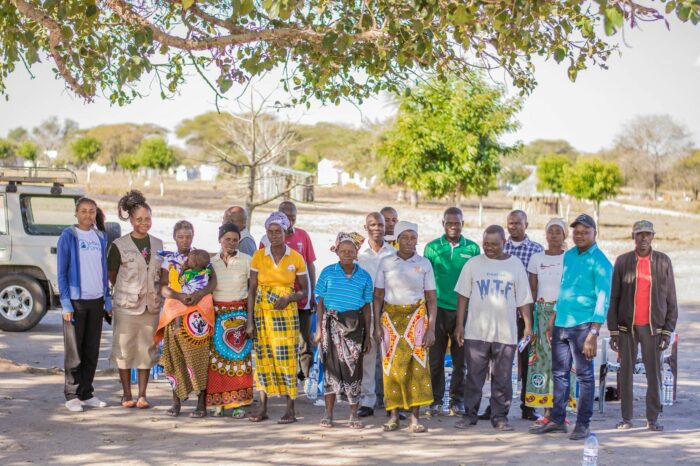
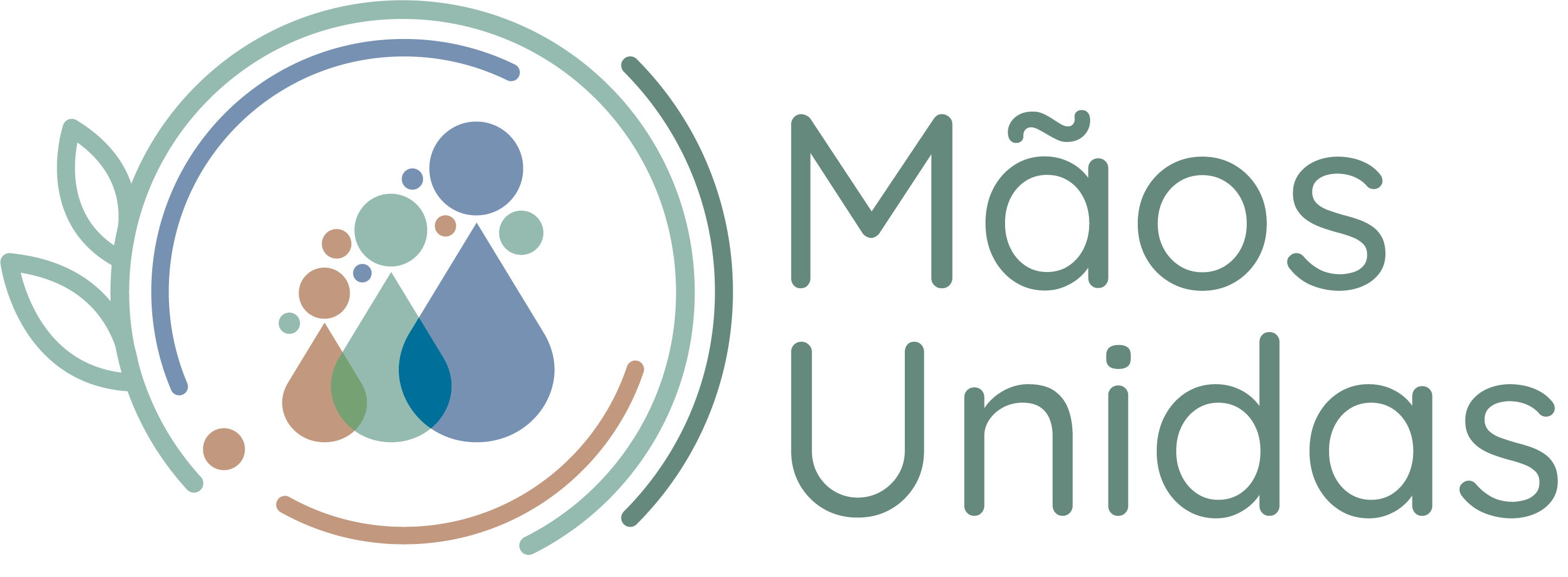
![This week, the AMU team is on the ground in Maringue, Chemba and Caia, central Mozambique, deepening the impact of our WASH (Water, Sanitation and Hygiene) programme in collaboration with UNICEF. Our field teams are carrying out advanced hydro-geophysical assessments to support the transition of existing water points into solar-powered water systems. This upgrade is […]](https://maos-unidas.org/wp-content/uploads/sites/128/AMU-Drill.jpg)